
26,99 €
Versandfertig in über 4 Wochen
Broschiertes Buch
The New Game in the South China Sea
15. Januar 2022
Naval Institute Press
| eBook, ePUB | 18,95 € |
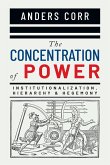
20,99 €
Versandfertig in 1-2 Wochen
Ähnliche Artikel

Broschiertes Buch
How War on Terror Veterans in Congress Are Shaping Us Defense Policy
6. August 2024
The University Press of Kentucky
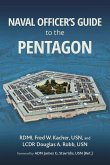
29,99 €
Versandfertig in über 4 Wochen
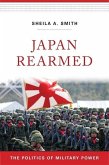
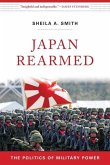
Broschiertes Buch
The Politics of Military Power
21. November 2023
Harvard University Press
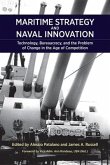
Broschiertes Buch
Technology, Bureaucracy, and the Problem of Change in the Age of Competition
31. Januar 2021
Naval Institute Press
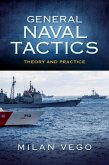

17,99 €
Versandfertig in über 4 Wochen
Broschiertes Buch
Presidents, Generals, and the Secret History of Nuclear War
2. Februar 2021
Simon & Schuster
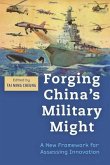
Broschiertes Buch
A New Framework for Assessing Innovation
24. Februar 2014
Johns Hopkins University Press
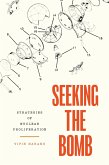
Broschiertes Buch
Strategies of Nuclear Proliferation
11. Januar 2022
Princeton University Press
Ähnlichkeitssuche: Fact®Finder von OMIKRON

